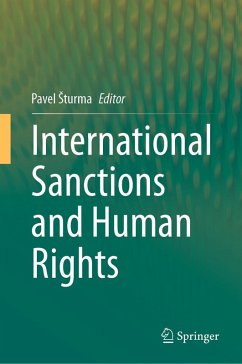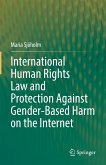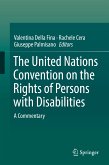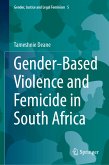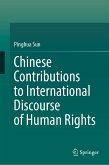The word "sanctions" is currently used more than ever before not only in the media, political statements, but also in legal discourse. Apart from this very widely cited term, European Union documents tend to refer also to "restrictive measures" while international law parlance embraces the concept of "countermeasures" (being the modern equivalent of peaceful reprisals from the point of view of general customary international law), i.e. individual coercive measures, or "security measures", which is a term used in some treaties. Sanctions or measures, whatever they are called, are a necessary and legitimate response to Russian aggression in Ukraine in the current situation. However, this does not rule out certain legal problems. The nature of these measures must be assessed in the light of international law. From this point of view, finding answers to the following questions is essential. Is the content of these measures generally consistent or contrary to the rules of international law? Who is authorized to decide on the introduction and content of these measures? Can these measures produce extraterritorial effects? Do sanctions targeting individuals (natural and legal persons) violate their human rights (right to property, right to fair trial, etc.)? Which type of information can be used as a basis for imposing sanctions against these individuals? Are there sufficient procedural safeguards and remedies at national and international level? Can some restrictive measures be reviewed and possibly overturned by courts? Are individuals who have been wrongfully added on sanction lists entitled to any compensation?
Dieser Download kann aus rechtlichen Gründen nur mit Rechnungsadresse in A, B, BG, CY, CZ, D, DK, EW, E, FIN, F, GR, HR, H, IRL, I, LT, L, LR, M, NL, PL, P, R, S, SLO, SK ausgeliefert werden.

